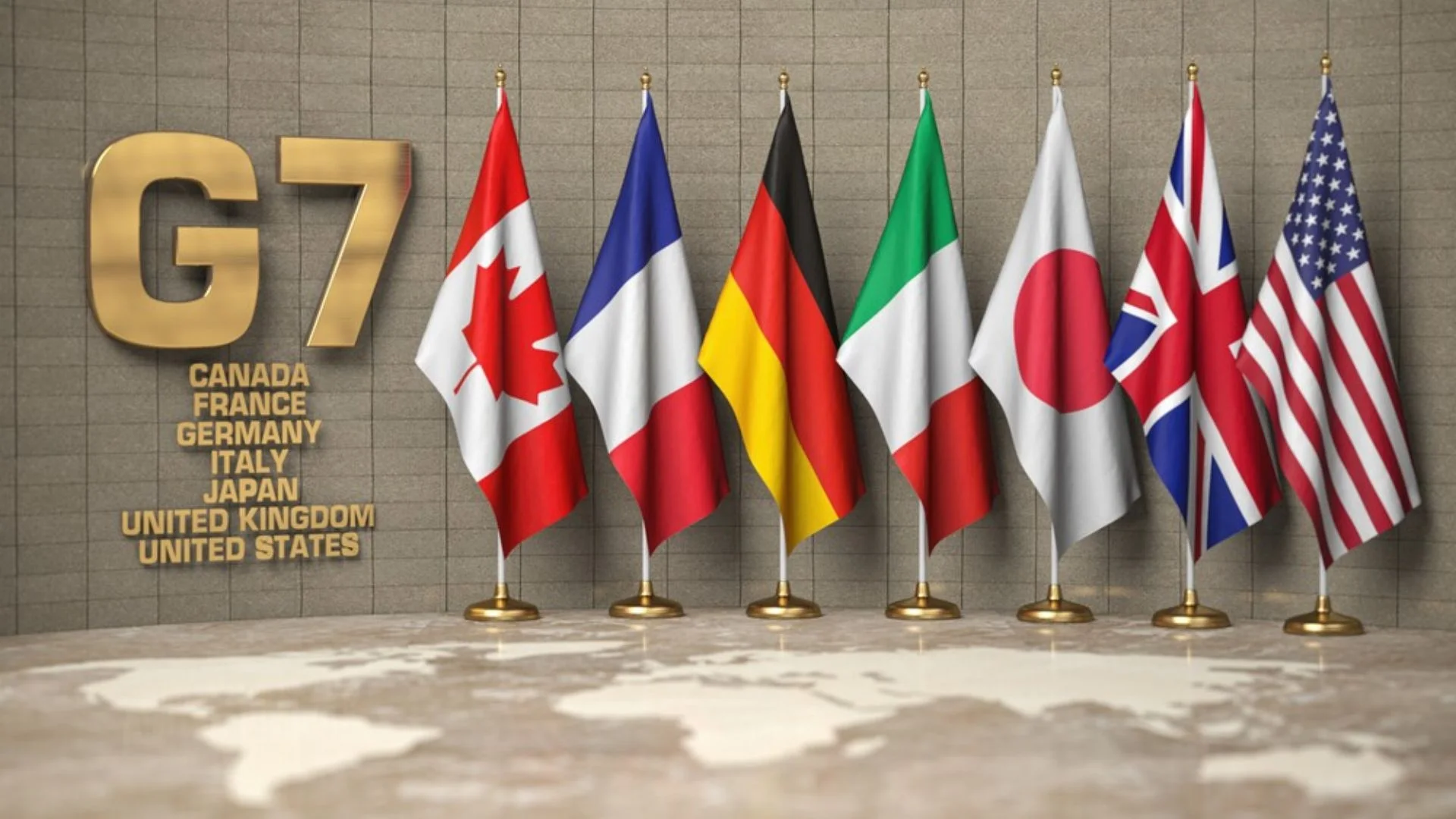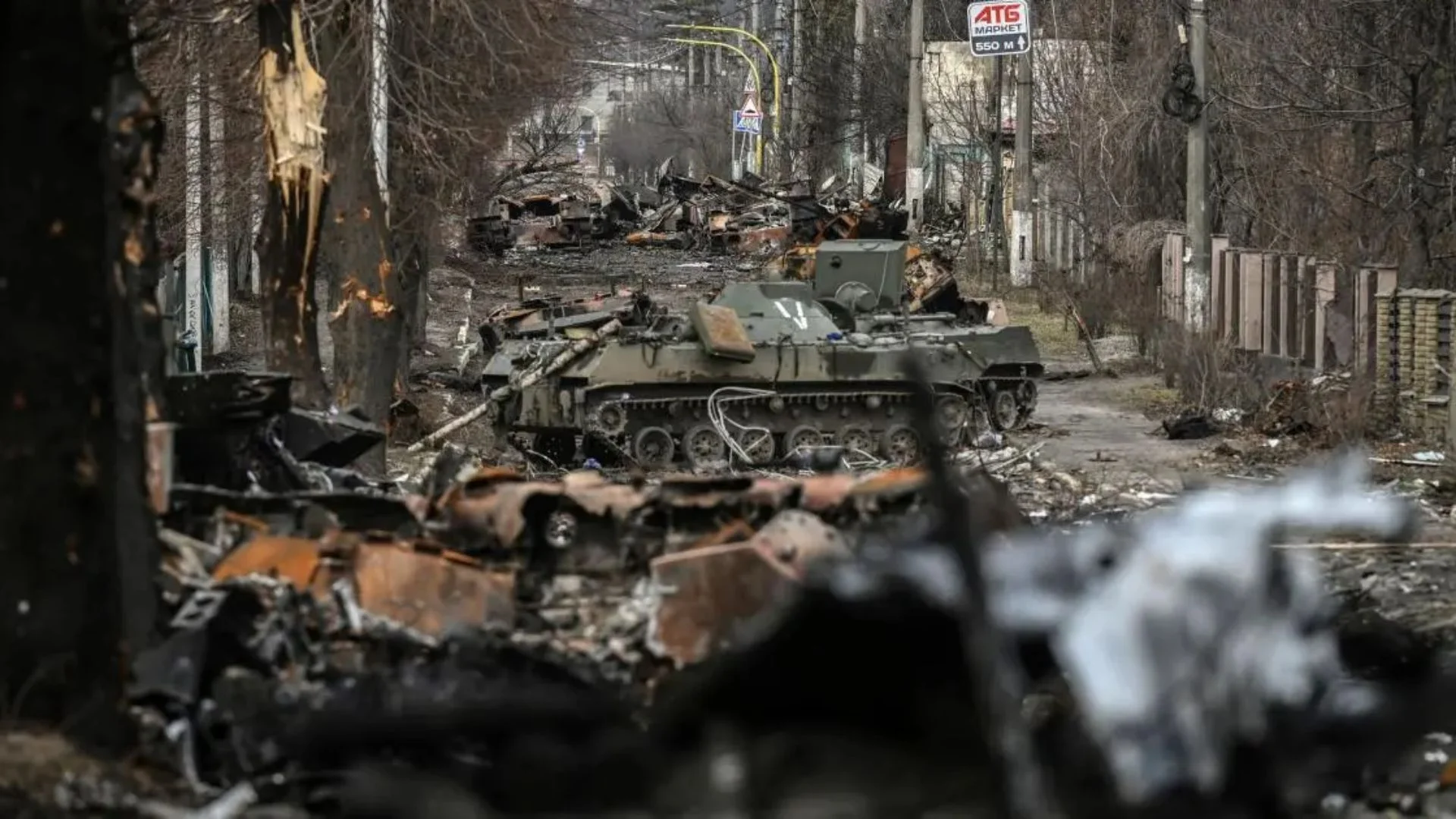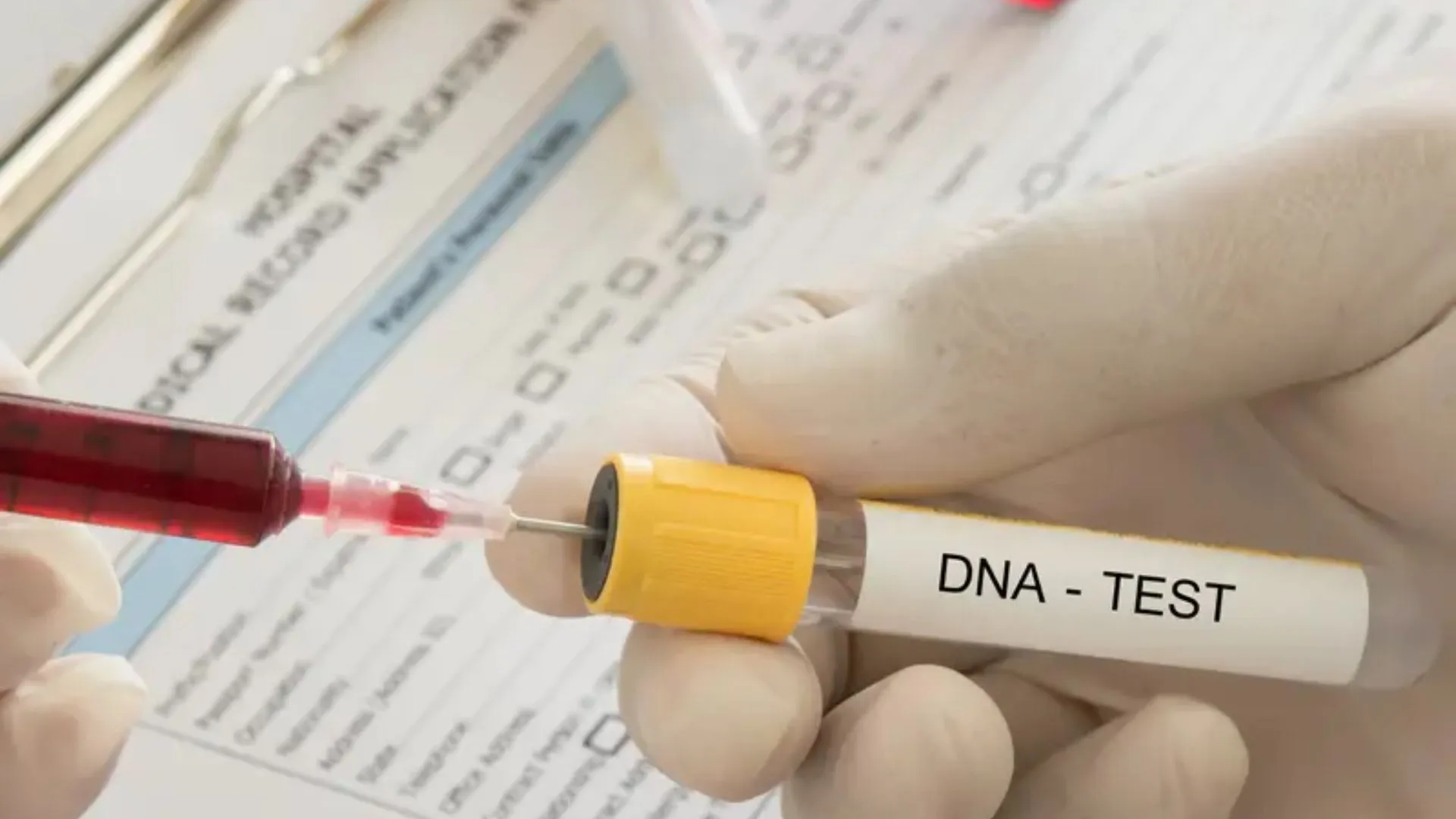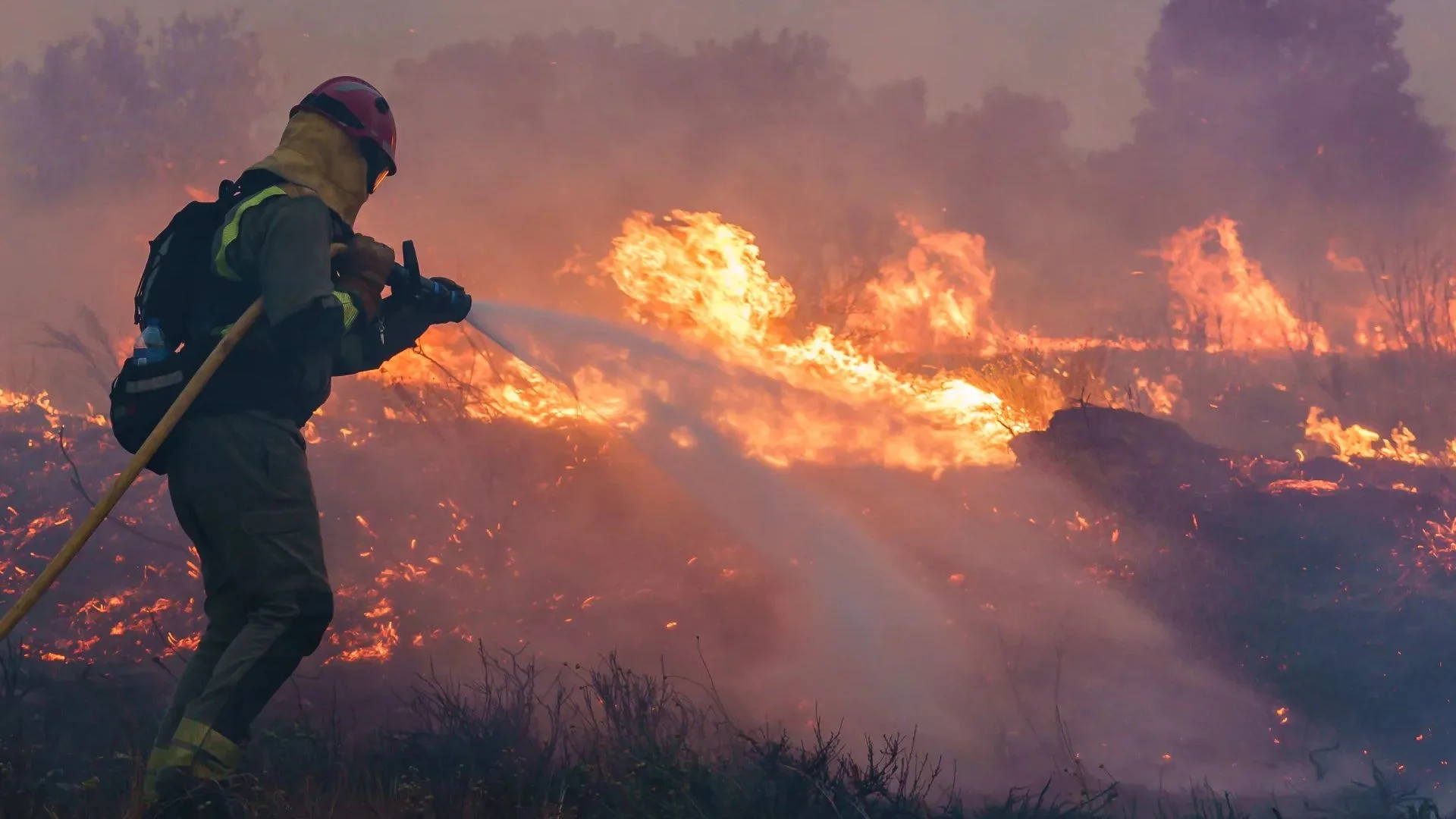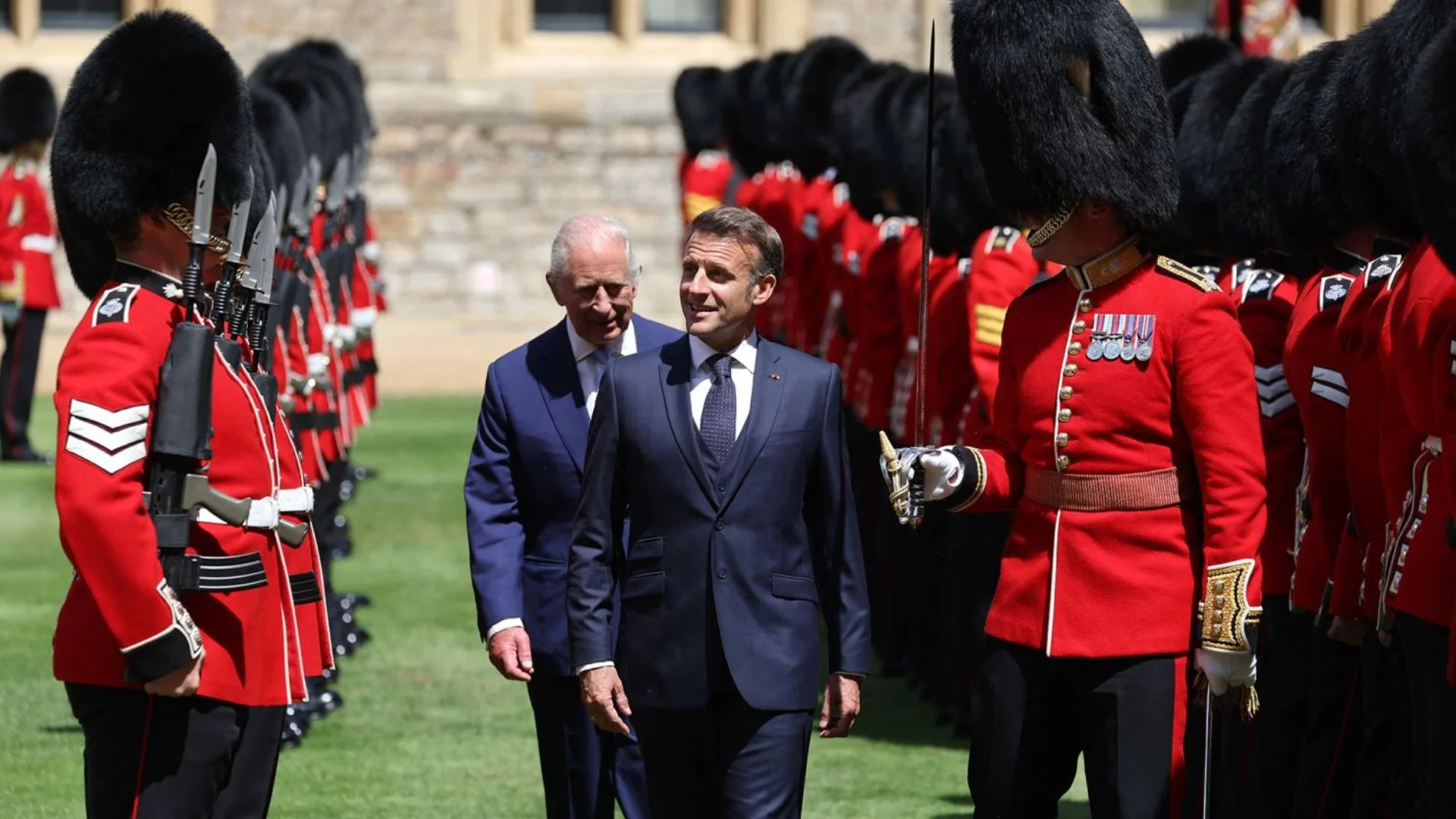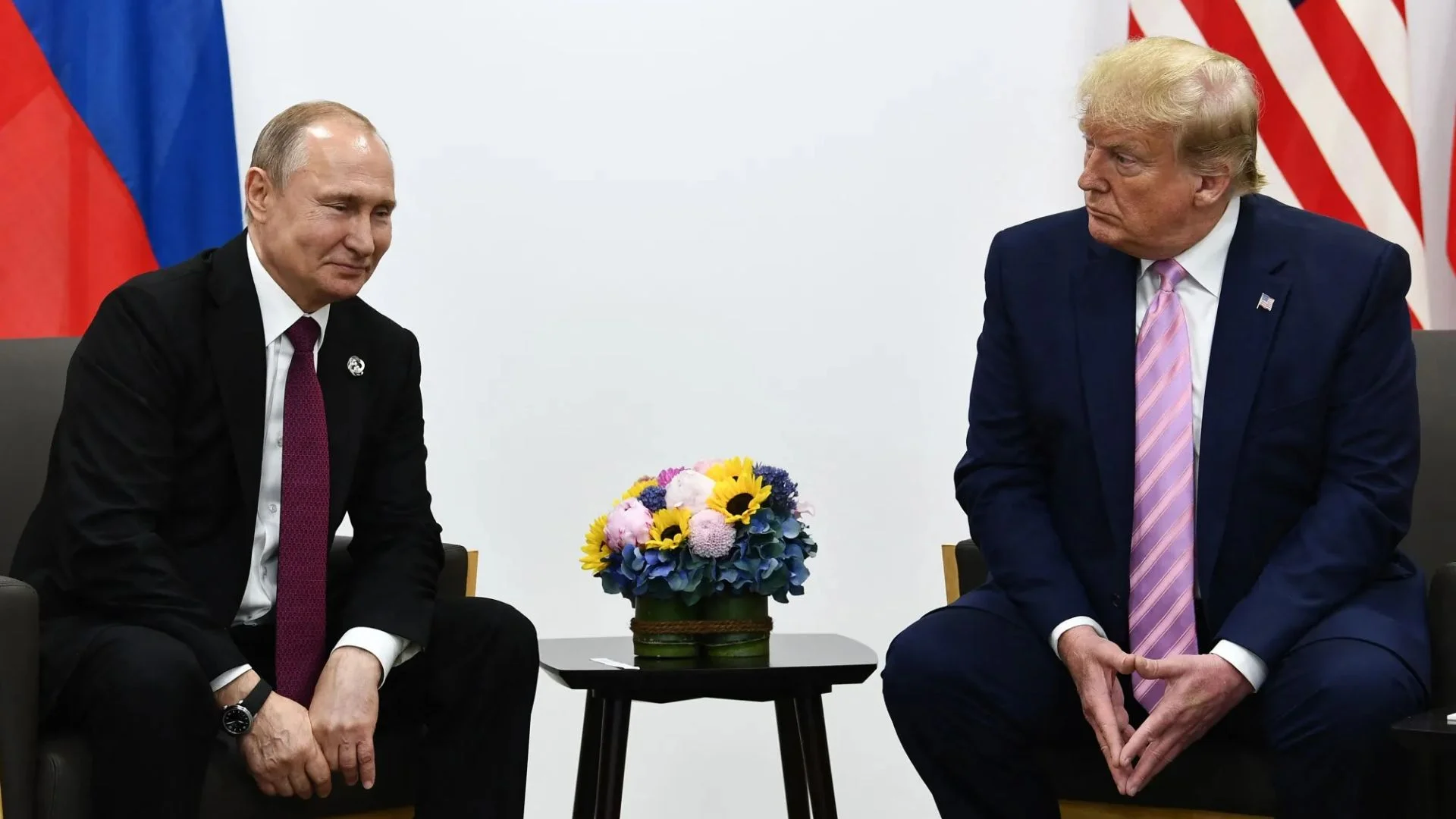Most Group of Seven (G7) countries are willing to cap the price on Russian oil exports on their own, even if the United States under President Donald Trump is not, four sources briefed on the issue say.
G7 leaders will meet in Canada from June 15–17, where the topic will include the existing $60 per barrel cap on Russian oila proposal first put forward in late 2022. The cap allows Russian oil to be sold to third nations if it uses Western insurance and the price does not exceed the fixed limit. With oil prices falling globally, though, the cap is no longer as effective.
EU countries and the UK have been spearheading calls for a cut, with a new cap of $45 per barrel being proposed. The move is backed by Canada and the rest of the European G7 members, the sources have said, with attempts to gain Japanese support in the process. The US position is still not certain, though the EU is hoping to gain unity during the summit.
There is a push among European nations to reduce the cap to $45,” one source added. “We are getting positive indications from Canada, the UK, and potentially Japan.”
While US Treasury Secretary Scott Bessent has shown some skepticism, some US legislators, such as Senator Lindsey Graham, have signaled their support for tightening sanctions on Russian petroleum. Graham is also pushing for new legislation to impose tariffs on Russian crude purchasers.
Regardless of Washington’s uncertain participation, it is noted that both the EU and UK have sufficient leverage especially in terms of control of the insurance and shipping industries to impose a lower cap. Nevertheless, the US is still crucial to dollar-based business and financial enforcement.
The EU’s 18th sanctions package, with the reduction in the cap, is still waiting for unanimous consent from members. The oil revenues of Moscow, meanwhile, continue to fall, with Rosneft suffering a 14.4% decline in yearly profits.

